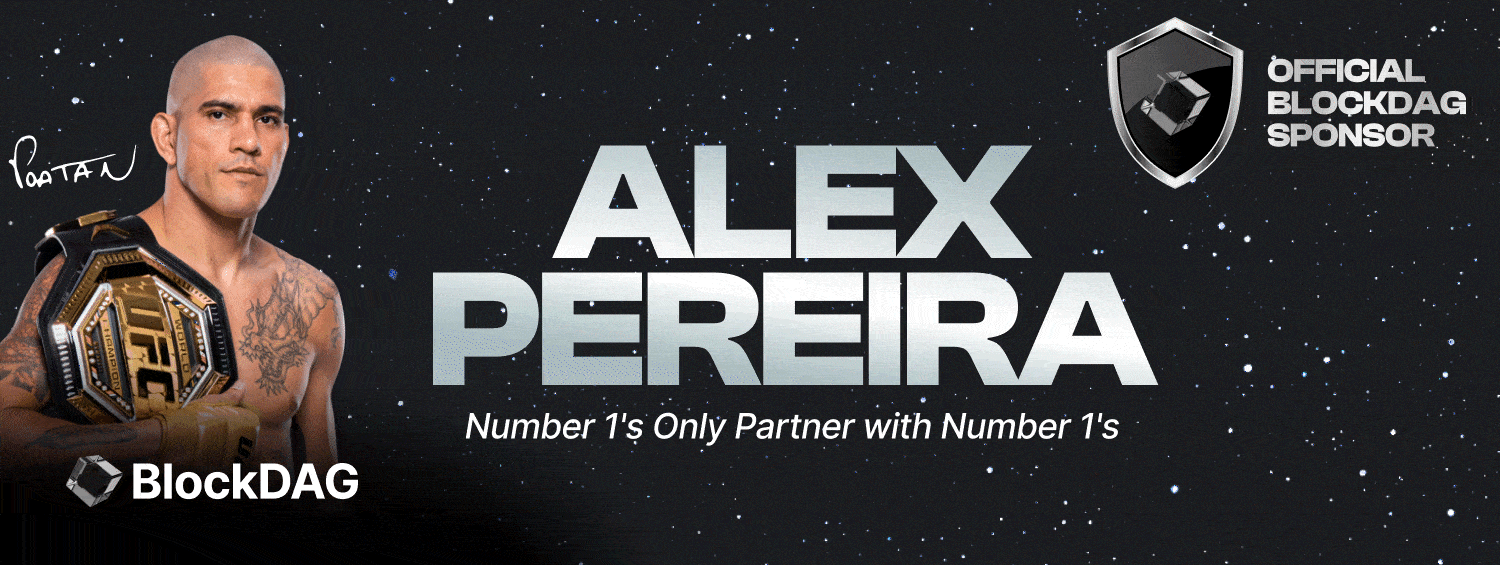With 21 days left until the November 5th election, Vice President Kamala Harris’s campaign is navigating tightening polls and narrow margins.
Despite Democrats winning the popular vote in recent elections, outcomes often hinge on key swing states due to the Electoral College. Some pollsters question whether Trump’s support has peaked and acknowledge that Harris still has room to continue her upward trend, especially after gaining momentum following Biden’s exit and endorsement. With key affinity groups critical to her success, Harris will be focusing her efforts on securing their support as election day approaches.
Even though Black men have historically been the second most loyal demographic to the Democratic ticket—just behind Black women, who consistently vote Democratic at even higher rates—recent reports of potential slippage among Black male voters, as noted by former President Barack Obama, have raised concerns. Harris is taking no chances.
Following a listening tour and appearances on platforms with large Black male audiences, such as Roland Martin Unfiltered, The Shade Room, and The Breakfast Club, Harris unveiled her Opportunity Agenda for Black Men. This initiative, drawn from her broader Opportunity Economy platform and short lived 2020 run for president, seeks to address the specific needs and expectations of this critical voter base.
The unveiling of the agenda has drawn a mix of cheers and jeers, highlighting the intense scrutiny Harris has faced throughout her historic and consequential campaign. Despite having just over four months to run a national campaign from beginning to end—a feat that most presidential candidates in modern history have had over a year to prepare for—Harris continues to be evaluated under a microscope. Yet, she has vowed to meet these challenges head-on, promising to connect with each demographic on their own terms.
Historical Voting Patterns
In the 2022 midterm elections, Black voters overwhelmingly supported Democratic candidates. According to Pew Research, 93% of Black voters backed Democratic candidates, with only 5% supporting Republicans. This high level of support was consistent across both Black men and women.
White voters, by contrast, showed a notable gender divide:
- White men: 64% voted for GOP candidates, while 34% supported Democrats.
- White women: 51% voted Republican, with 48% backing Democrats.
This data underscores the strong alignment between Black voters and the Democratic Party, even as white voters—particularly white men—lean more heavily toward Republican candidates.
An October 2024 CBS News/YouGov poll reveals Harris holds a similar level of support among Black voters as Joe Biden did in 2020, with 87% of Black likely voters supporting Harris and 12% favoring Trump.
This mirrors CNN’s 2020 exit polls, which also showed that 87% of Black voters supported Biden, while 12% backed Trump. A previous New York Times/Siena College poll, however, showed slightly lower support for Harris, with 78% of Black voters supporting her and 15% backing Trump.
Economic Disparities and the Need for Targeted Solutions
Adewale A. Maye, in his 2023 report on racial economic disparities, highlights how post-civil rights legislation has failed to close the wealth gap between Black and white families. Black families hold only one-eighth the wealth of white families, and Black unemployment has remained consistently high for 50 years.
Maye underscores the unique economic challenges Black men face, including wage inequality, discriminatory hiring, and the long-term impacts of over-policing and incarceration, which have deepened generational poverty.
“The United States government has a poor record in meeting the needs of black communities,” explains Jomari Peterson, Executive Strategist, Podium (A FiHub Project). “From the support of slavery to Jim Crow to Cointelpro and Red Lining, Black men and communities have ample reason to be distrustful of a government that often-institutionalized systems that don’t consider their needs.”
Without such targeted policies, Maye warns, structural racism will persist, undermining efforts to achieve racial and economic equity. “This is why the recognition of blockchain based digital assets or cryptocurrencies are important to the black community, says Peterson. “It [crypto] offers them the opportunity to create and support systems that respect their needs and desires, … [and] directly express their values about art, economics, business operations and more through these new systems.”
The Fourth Industrial Revolution and Financial Empowerment
As Black men navigate these challenges, they find themselves at a pivotal moment in the Fourth Industrial Revolution, where the web3 economy, powered by cryptocurrencies and blockchain technology, offers new opportunities for economic empowerment. Financial technologies such as Bitcoin and other cryptocurrencies present promising avenues for wealth creation, alongside opportunities for reskilling, upskilling, and innovation.
Yet, the potential of these technologies has been overshadowed by the exclusionary “crypto bro” culture—a hyper-masculine and narrow demographic focus. Despite being early adopters of cryptocurrencies throughout the diaspora, Black men (and women) often remain hidden in plain sight. Harris’s Opportunity Agenda offers a timely intervention.
Cryptocurrency as a Tool for Financial Empowerment
The stereotypical image of the “crypto bro” has long alienated marginalized communities from fully participating in the benefits of digital assets. Historically dominated by young, tech-savvy white men, the crypto space has excluded those most in need of financial empowerment. However, this image no longer reflects the reality of who is investing in crypto and blockchain-enabled innovation today.
In a 2022 national survey commissioned by digital currency asset manager Grayscale and conducted by The Harris Poll found that approximately one-third of Black (34%) and Hispanic (32%) Americans, as well as those under 45 years old (37%), say inflation and the current economic climate have made them more interested in cryptocurrency. Nearly one-third of Black (30%) and Hispanic (32%) Americans, as well as those under 45 years old (33%), already own cryptocurrency.
Additionally, although half of Americans overall were familiar with cryptocurrency (49%), and familiarity rose significantly among minorities, including 60% of Black and 62% of Hispanic Americans, compared to 43% of White Americans. This growing awareness participation from underrepresented groups illustrates the appeal of decentralized finance as an alternative to discriminatory traditional financial systems.
July 2024 polling by Paradigm shows Harris’s agenda aligns with shifting attitudes. The study found 22% of Black Democrats have purchased cryptocurrency, compared to 18% of the general Democratic population. Additionally, 28% of Black Democrats see cryptocurrency positively—double the rate of white Democrats.
Harris’s approach emphasizes balanced regulation to ensure equitable access while protecting investors. Peterson supports this pivot, advocating for education and access: “… barriers of entry have the potential to exasperate [economic] disparities… a Harris Administration’s recognition of the need for better access is vital, especially as crypto assets could reshape various industries.”
BitMari Founder and Black Blockchain Summit organizer, Sinclair Skinner, agrees: “Black men aren’t just looking for jobs, we’re looking to build—build businesses, build wealth, and build up our communities. Mentorship, education, and access to resources are key.”
Affinity Groups and Political Empowerment
Affinity groups have proven to be powerful in shaping political discourse and participation, particularly in support of Kamala Harris. After Biden stepped down, a Zoom call led by the Win With Black Women coalition attracted over 44,000 attendees and led to the formation of dozens of grassroots affinity groups for Harris, highlighting the mobilizing power of these groups.
Organizations like Diverse Web3 & DeFi Leaders for Kamala emphasize targeting specific communities to amplify voices and foster deeper engagement. For Black men, affinity groups provide a platform to advocate for equitable policies in industries like cryptocurrency, where they are often overlooked. Harris’s Opportunity Agenda supports this by promoting policies that protect and empower Black men in the digital asset economy.
Disrupting the “Crypto Bro” Culture
The Opportunity Agenda counters the “crypto bro” culture by ensuring Black men have the tools to succeed in the digital asset economy. While cryptocurrencies offer a path to wealth-building, Black men have often been ignored by a culture focused on speculative trading and profit. As Bitmari founder Sinclair Skinner puts it, “The ‘crypto bro’ mystique is all about profit for a select few, not empowerment for the many. These firms love to throw around terms like ‘inclusion,’ but where’s the real investment in our communities? We don’t need slogans—we need capital, mentorship, and policy changes for Black and Brown entrepreneurs.”
Additionally, Black men may also suffer harsher criminal penalties for crypto-related crimes. For example, Tyreek Houston, a research lead for Metamask and Diverse Web3 & DeFi Leader Coalition member, highlights the sentencing of former CEO of BitMex, Arthur Hayes, a Black man and early Bitcoin billionaire who received 12 months of prison and 2 years of probation for violating the Bank Secrecy Act, while TD Bank owners faced a mere fine for money laundering for a drug cartel.
Harris’s agenda aims to widen the aperture, fostering a more inclusive space where all participants can benefit from the promise of decentralized finance. Peterson agrees, adding that “[t]his is the time for establishing new digital systems before they harden into new institutions. We must be intentional about making sure the groups and people that have been historically oppressed and disenfranchised are empowered.”
The Threat of Project 2025 and the Crypto Industry
Cryptocurrency’s potential to empower Black men is threatened by its alignment with Donald Trump’s Project 2025 agenda, which, like his Agenda 47, favors the wealthiest and risks excluding marginalized communities. Trump’s World Liberty Financial DeFi project raises ethical concerns about deregulation benefiting elites over historically excluded groups.
Cryptocurrencies offer Black men a way to bypass traditional barriers, but only with proper regulations. Harris’s economic plan hints at protections to ensure digital assets benefit everyone, not just the privileged few.
© forbes


























